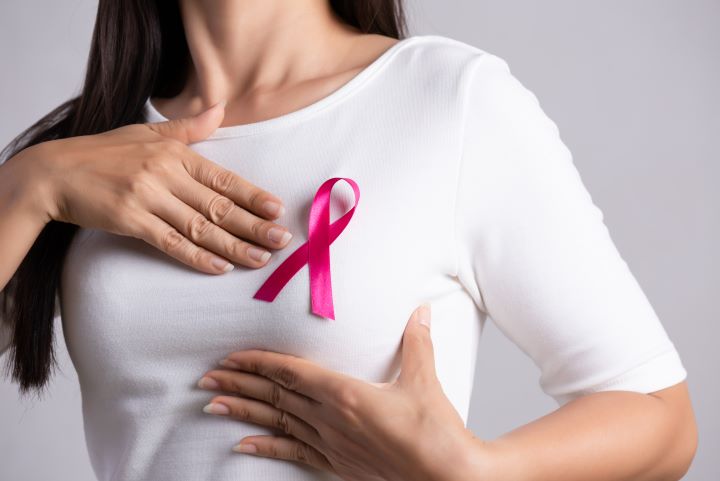Recognizing Breast Cancer's Early Warning Signs
Breast cancer stands as a significant health concern for women globally, with statistics revealing that 1 in 8 women will face a diagnosis in their lifetime. Detecting breast cancer early is crucial for improved treatment outcomes and survival rates.

Understanding Breast Cancer
Breast cancer is a malignant tumor that originates from the cells of the breast. In women, it is the most commonly diagnosed cancer. However, with early detection of breast cancer, the chances of successful treatment increase greatly.
Spotting the Early Signs
The 1st clues of metastatic breast cancer often include lumps in the breast or underarm, swelling or dimpling of the skin, and changes in the nipple. These breast cancer symptoms should never be ignored as they could potentially be the early signals of the disease.
The Importance of Early Detection
Early detection of breast cancer can drastically improve survival rates. This is why regular self-examinations and mammograms are essential. For seniors, it’s even more important to be aware of the early signals of breast cancer as the risk increases with age.
Treatment Options for Breast Cancer
Upon diagnosis, a variety of treatments are available for breast cancer. Surgery, radiation therapy, and chemotherapy are common methods. A newer medication, Ibrance, has shown promise in the treatment of metastatic breast cancer.
The Role of Ibrance in Treatment
Ibrance (palbociclib) is a targeted therapy that works by slowing the growth of cancer cells. It’s particularly beneficial in treating breast cancer that is hormone receptor positive (HR+) and HER2 negative (HER2-).
Tips and Facts about Breast Cancer
- Regular self-examinations can lead to early detection
- Ibrance can be used in conjunction with other treatments
- Maintaining a healthy lifestyle can lower risk of breast cancer
- Seniors should have regular mammograms
In conclusion, the early detection and treatment of breast cancer, specifically through the use of innovative drugs like Ibrance, can significantly increase survival rates. As research continues, the hope is for even more effective treatments to emerge.




